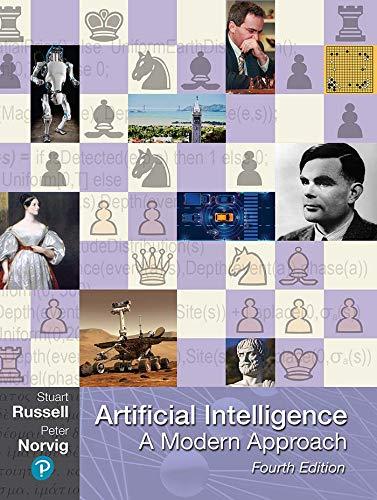Concerns regarding the effect of technology on the future of work are not new. In a 1964
Question:
Concerns regarding the effect of technology on the future of work are not new. In a 1964 memo to President Lyndon B. Johnson, the Ad Hoc Committee of the Triple Revolution (1964), one comprised of notable social activists, scientists and technologists, warned of revolutions in social justice, automation, and weapons development. Like Karl Marx, John Maynard Keynes, and countless thinkers today, the committee realized that the cybernation revolution, “one brought about by the combination of the computer and the automated self-regulating machine,” could free people from work, but that it faced many challenges in doing so. There is no question that cybernation does increase the potential for the provision of funds to neglected public sectors. Nor is there any question that cybernation would make possible the abolition of poverty at home and abroad. But the industrial system does not possess any adequate mechanisms to permit these potentials to become realities. The industrial system was designed to produce an ever-increasing quantity of goods as efficiently as possible, and it was assumed that the distribution of the power to purchase these goods would occur almost automatically. The continuance of the income-through-jobs link as the only major mechanism for distributing effective demand—for granting the right to consume—now acts as the main brake on the almost unlimited capacity of a cybernated productive system.
a. Using evidence from the text, do the quoted arguments ring true today?
b. Relate this passage to the question raised in the text about what to do with regard to automation, “do we want to focus on cutting cost, and thus see job loss as a positive; or do we want to focus on improving quality, making life better for the worker and the customer?” How does the answer to the previous question change based on which stakeholder (e.g. a business owner, a worker, a consumer, a policy maker, etc.) is answering it? In the end, who does make those decisions around automation?
Step by Step Answer:

Artificial Intelligence A Modern Approach
ISBN: 9780134610993
4th Edition
Authors: Stuart Russell, Peter Norvig





